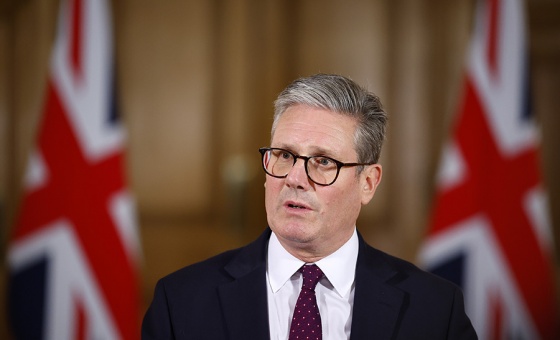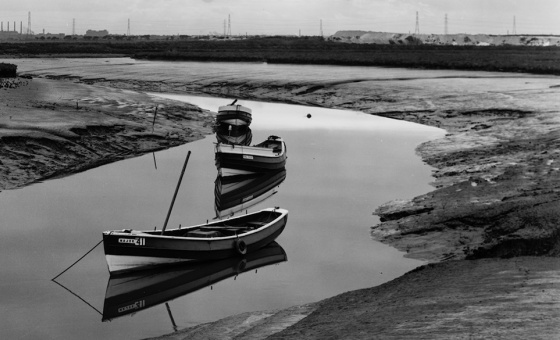This is the last article you can read this month
You can read more article this month
You can read more articles this month
Sorry your limit is up for this month
Reset on:
Please help support the Morning Star by subscribing here
THE Prime Minister’s announcement recently that he was diluting key net-zero targets — including delaying by five years a ban on new petrol cars, weakening targets on the transition away from oil and gas boilers and scrapping a number of proposed energy efficiency requirements for landlords — was a feeble attempt to appease fossil fuel lobbyists, climate denialists and certain Tory donors in advance of a looming general election.
More worrying however is that it was a blatant attempt to create the false narrative that if we want to tackle climate change those who must ultimately pay for it are working people.
We either choose our health and our children’s futures or our jobs and keeping a roof over our heads.
It was staggering hypocrisy, coming from the very party that loaded the cost of the banking crisis caused by corporate greed onto the shoulders of the poorest.
In similar style they left Britain’s lacklustre response to the climate crisis to the whims of the market so that working people, the poorest, and the most vulnerable, are forced to shoulder the human and economic price of climate breakdown.
Further, the Prime Minster’s net zero U-turn actually did not make any long-term economic sense.
Over 100 leading economists warned the Prime Minister that delaying the climate transition would raise the cost of living long-term and undermine our economic future.
Equally, Labour said the Prime Minister had “sold out the biggest economic opportunity of the 21st century” for Britain “to lead the world in transition to well-paid, secure new jobs of the green economy.”
The fact is, climate change cannot, and will not, be tackled by delay or by relying on the actions of individuals or markets.
Addressing environmental challenges requires a transformational and strategic national effort from government to bring about structural change on a par with wartime planning.
Climate change is an existential risk, and it needs radical and structural change to deal with it.
In doing so, however, we are presented with the greatest economic and social opportunity we have ever had to push aside decades of neoliberal policy, regenerate whole regions and to create the industries and jobs of the future.
Further, through using strategic state investment we have the power to reshape who owns and manages our economy by providing our communities with the ability to own public stakes in new industries and share the prosperity created through new and innovative public ownership models and partnerships.
In my view, this involves a detailed strategy, underpinned by legislation setting out quality, unionised, green jobs, a proper industrial strategy, public ownership of our water and energy, and intervention in the economy, to make sure that the technologies of the future are manufactured, assembled and installed here.
It also means a just and planned transition for those workers whose jobs may be affected in coming decades.
The opportunities are there for us to take if only we are bold enough to realise the paradigm shift that is already happening around us.
The TUC understands this — it wants to see an industrial strategy backed up with a financial plan such as the US’s Inflation Reduction Act or the EU’s Green Deal Industrial Plan.
The International Energy Agency gets it too, stating recently that record growth in clean energy technology, including solar panels and electric vehicles, means it is still possible to limit global warming to 1.5°C.
It is right.
As the late, great Tony Benn once said: “Hope is the fuel of progress and fear is the prison in which you put yourself.”
There is still hope — it’s within our grasp and it’s up to all of us to ensure that this message rings out loud and clear before it is too late.
We must stand together as a society and define the battle against climate change for what it really is: a battle for social justice.
Rebecca Long Bailey is Labour MP for Salford and Eccles.










